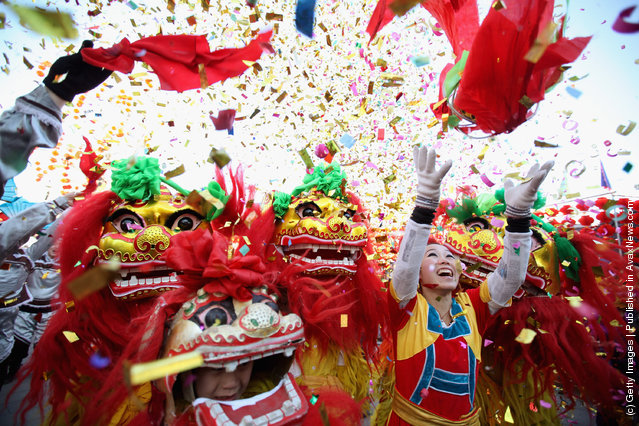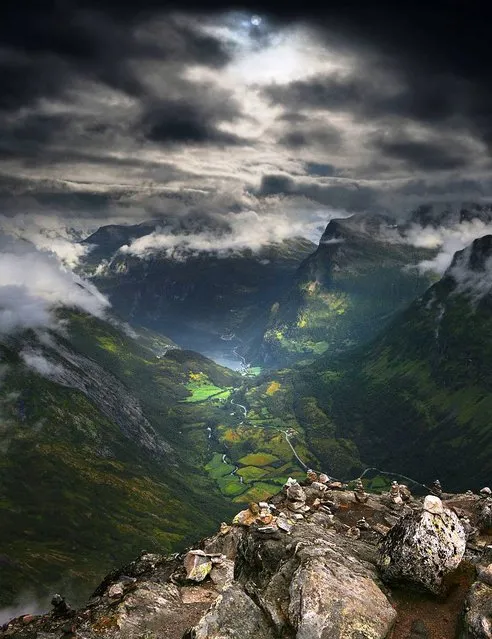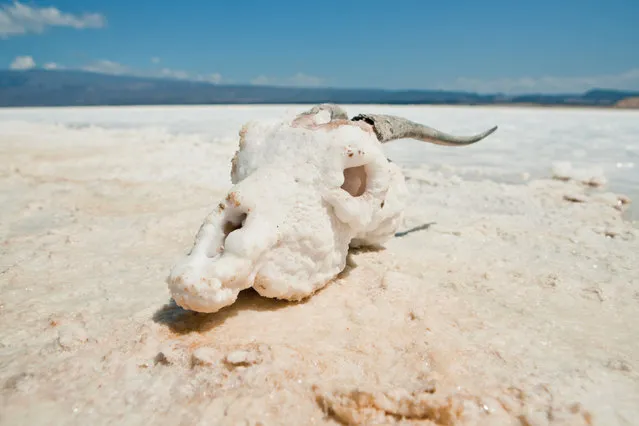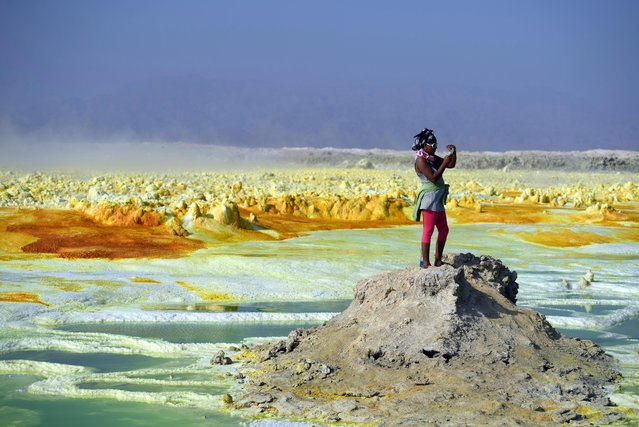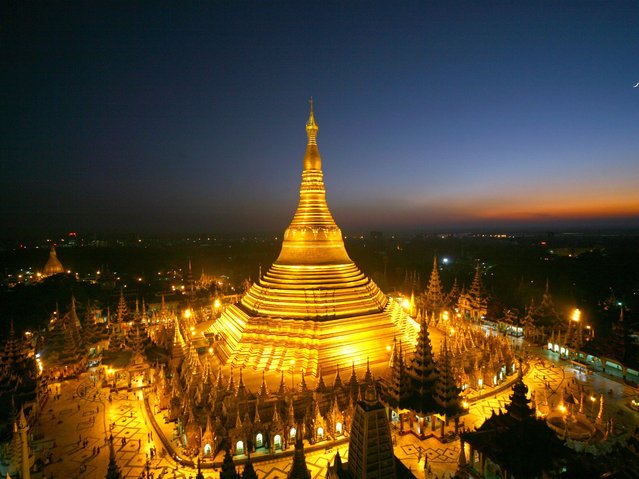
A model poses beside a Renault DeZir concept car during the media day of the Shanghai International Automobile Industry Exhibition at Shanghai New International Expo Center on April 20, 2011 in Shanghai, China. The 14th Shanghai International Automobile Industry Exhibition (Auto Shanghai 2011) will be held from April 21 to 28 with the theme of “Innovation For Tomorrow”. About 2,000 carmakers and parts providers from 20 countries are due to showcase 1,100 car models, 75 of which makes their world premieres in the auto show. (Photo by Feng Li/Getty Images)
24 Apr 2011 13:28:00,post received
0 comments

